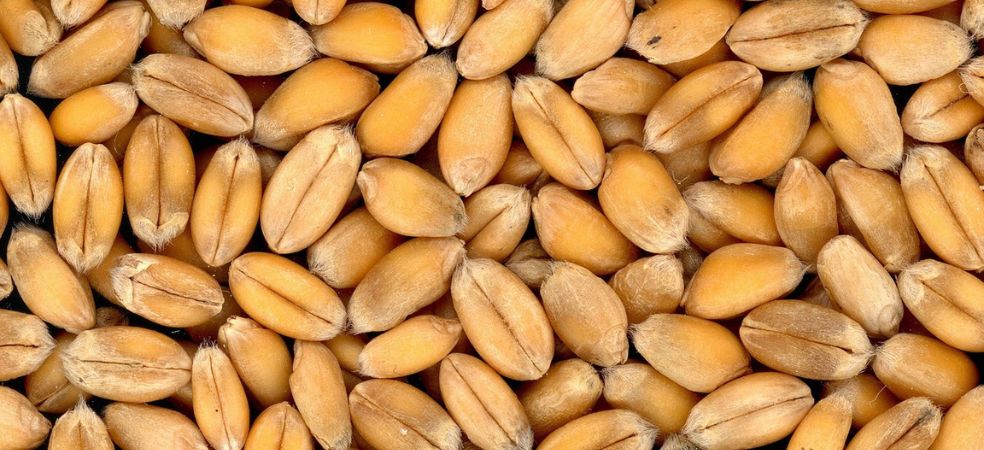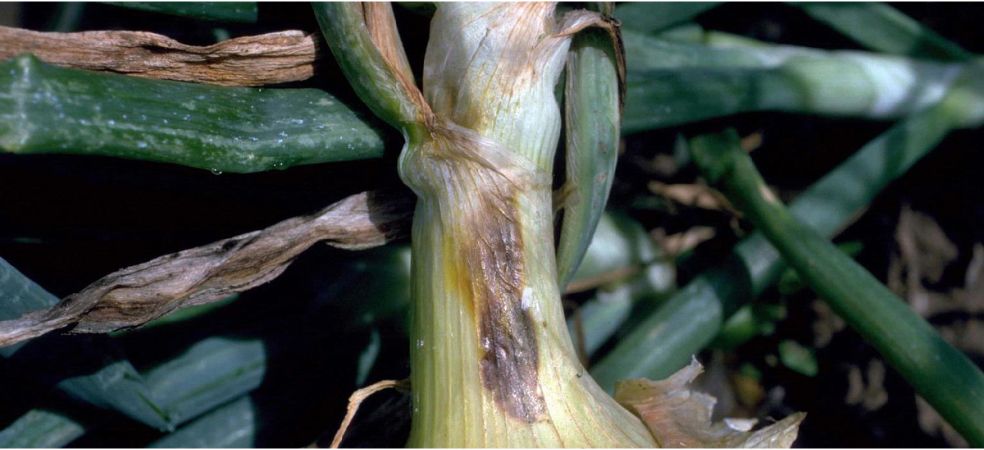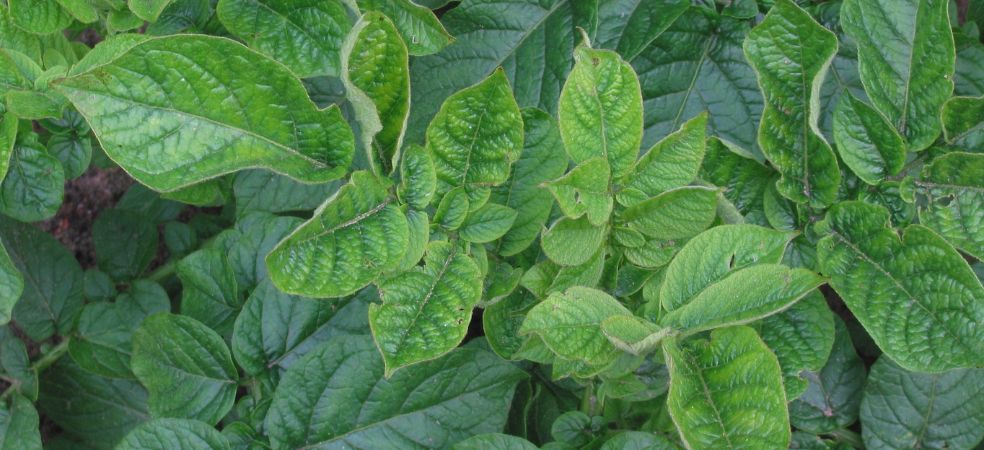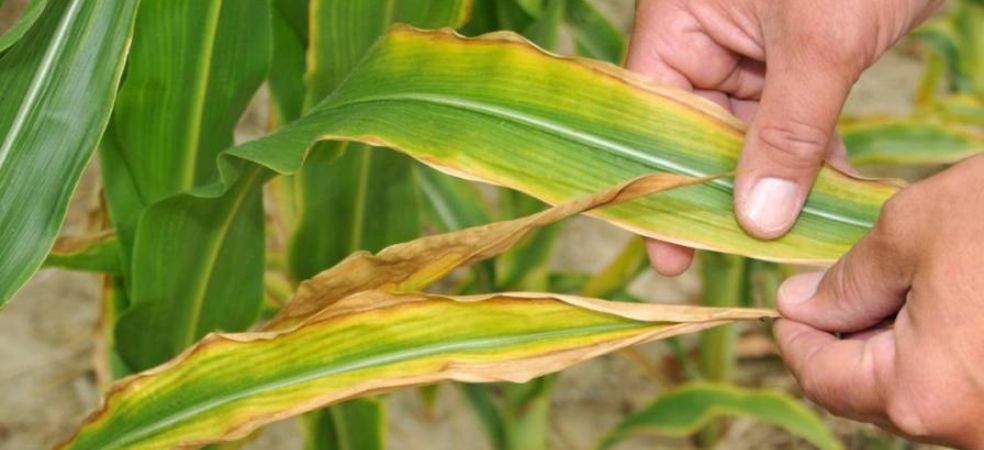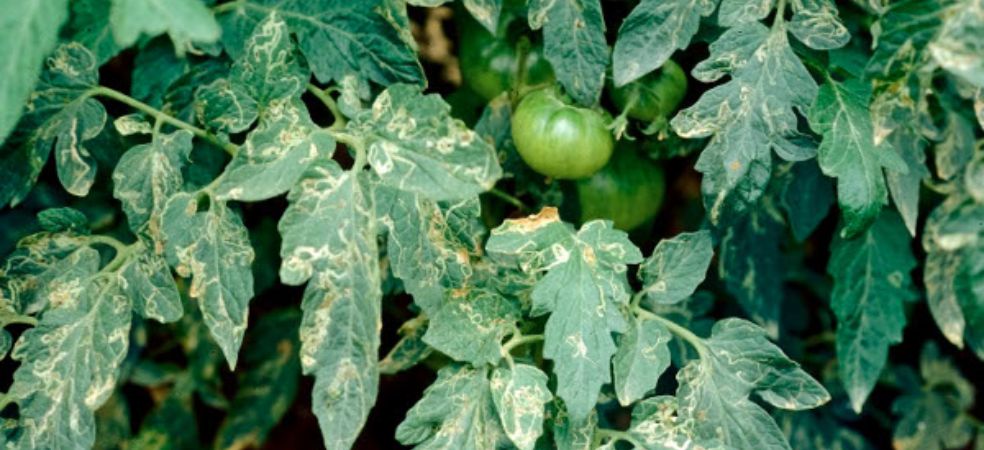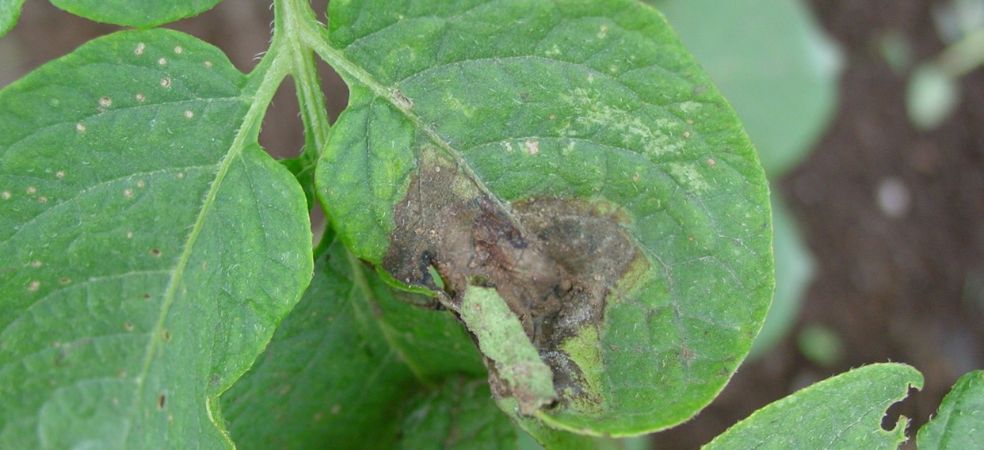What is the price of wheat in different mandis of Madhya Pradesh. Let’s see the complete list.
| Rates of Wheat in the mandis of MP | ||||
| District | Market | Variety | Minimum Price (per quintal) | Maximum Price (per quintal) |
| Anupur | Anuppur | Wheat | 2600 | 2600 |
| Chhatarpur | Badamalhera | Mill Quality | 2520 | 2520 |
| Hoshangabad | Banapura | Local | 3005 | 3100 |
| Mandsaur | Bhanpura | Mill Quality | 2750 | 2780 |
| Mandla | Bichhiya | Local | 2905 | 2910 |
| Mandla | Bichhiya | Mill Quality | 2700 | 2700 |
| Sagar | Bina | Wheat | 3000 | 3126 |
| Rewa | Chaakghat | Mill Quality | 2425 | 2425 |
| Datia | Datia | Wheat | 2695 | 2958 |
| Sagar | Deori | Wheat-Organic | 2980 | 2980 |
| Dewas | Dewas | Wheat | 2945 | 3190 |
| Dhar | Dhar | Wheat | 3050 | 3075 |
| Dindori | Dindori | Mill Quality | 2575 | 2600 |
| Harda | Harda | Mill Quality | 2800 | 3080 |
| Khandwa | Harsood | Wheat | 3019 | 3038 |
| Ratlam | Jaora | Wheat | 2720 | 3269 |
| Tikamgarh | Jatara | Wheat | 2700 | 2700 |
| Alirajpur | Jobat | Wheat-Organic | 2600 | 2600 |
| Katni | Katni | Mill Quality | 2750 | 2900 |
| Khandwa | Khandwa | Mill Quality | 3080 | 3150 |
| Tikamgarh | Khargapur | Mill Quality | 2788 | 2940 |
| Khargone | Khargone | Wheat | 3150 | 3150 |
| Harda | Khirakiya | Mill Quality | 3036 | 3069 |
| Bhind | Lahar | Local | 3010 | 3010 |
| Bhind | Lahar | Mill Quality | 3010 | 3010 |
| Dewas | Loharda | Wheat | 2680 | 3144 |
| Dhar | Manawar | Wheat | 3000 | 3100 |
| Mandla | Mandla | Local | 2915 | 2915 |
| Jabalpur | Paatan | Mill Quality | 2995 | 3020 |
| Rajgarh | Pachaur | Wheat | 3040 | 3040 |
| Jhabua | Petlawad | Wheat | 2800 | 2911 |
| Tikamgarh | Prithvipur | Mill Quality | 2900 | 2950 |
| Ratlam | Ratlam | Lokwan | 2800 | 2850 |
| Jabalpur | Sehora | Mill Quality | 3000 | 3040 |
| Sehore | Sehore | Local | 3175 | 3175 |
| Sehore | Sehore | Lokwan | 3114 | 3120 |
| Sehore | Sehore | Mill Quality | 2951 | 3760 |
| Seoni | Seoni | Wheat | 2890 | 2910 |
| Datia | Sevda | Wheat | 3005 | 3005 |
| Sidhi | Sidhi | Mill Quality | 2490 | 2490 |
| Tikamgarh | Tikamgarh | Mill Quality | 2800 | 2800 |
| Harda | Timarni | Wheat | 3031 | 3168 |
| Umariya | Umariya | Wheat | 2510 | 2520 |
| Sheopur | Vijaypur | Wheat | 2800 | 2810 |
Source: Agmarknet
ShareTo know the information related to agriculture and the latest market price, keep reading Gramophone articles. If you liked today’s information then do share it with friends.

